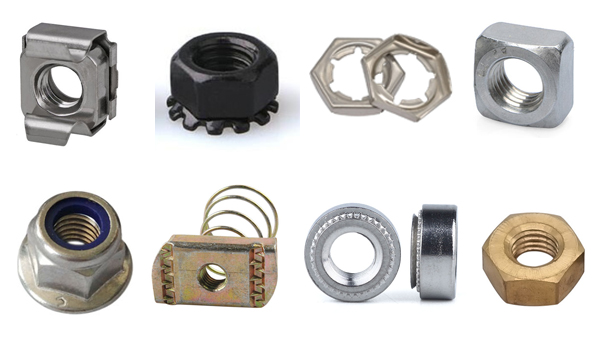When it comes to water-stop Screws, whether you're dealing with rebars or round steel, the choice often depends on the strength grade of the material itself. For most standard applications, especially for concrete grades around C30, either option generally suffices. However, it's crucial to prioritize using brand-new steel over recycled materials, as the latter often suffer from significant degradation in their material properties due to prior usage. Therefore, when sourcing water-stop screws, focus on ensuring the material is fresh and unused, rather than fixating on whether it’s rebar or round steel. Both materials exhibit identical pressure resistance at the same diameter, though their preference among construction teams may vary depending on specific habits or preferences—some favor rebar, while others opt for round steel. At the end of the day, what truly matters is the raw material’s pressure resistance capability.
Understanding the Material Composition of Water-Stop Screws
Among the common materials used for water-stop screws, both round steel and rebar are widely employed, classified by their respective strength grades. As previously mentioned, there’s no inherent difference between screws made from these two types of steel; the choice simply aligns with each construction team’s specific requirements. Let’s delve deeper into the materials used for these screws, such as Q235B and Q345B. For instance, in construction projects, the commonly selected material for three-stage water-stop screws tends to be Q235B, which offers excellent pressure resistance. However, opting for materials weaker than this grade could lead to issues, and distinguishing between them visually is impossible—only tensile testing can confirm their quality. Other materials like No. 45 steel might also be considered based on the specific material budgeting needs of a project.
Shear wall water-stop screws represent a distinct category of steel bars. These screws are crafted using steel bars with diameters exceeding 12mm, with a water-stop plate welded in the center to form the final product. Ordinary steel bars, in contrast, lack any water-stop or waterproof functionality. Regarding the materials used for shear wall water-stop screws, options include Q235B, Q345B, and No. 45 steel, all tailored to meet the technological demands of the shear wall. These screws are primarily categorized into round steel and rebar. Steel bars that fall below these standards are considered ordinary steel bars and are priced lower than water-stop screws. The typical diameters for water-stop screws exceed 12mm, and steel bars themselves vary in thickness. Thin steel bars measure between 6–10mm in diameter, while thick ones have diameters greater than 22mm, creating further distinctions in their application and performance.
In conclusion, selecting the right material for water-stop screws hinges on understanding its pressure resistance capabilities, ensuring adherence to project-specific standards, and prioritizing high-quality, unused materials for optimal results.
The nut is the nut, and the Bolt or Screw screwed together to play a fastening role in the parts
Classification: common nuts are hexagonal nuts, cap nuts, lock nuts (nylon lock nuts, all-metal lock nuts), hexagonal flange nuts, butterfly nuts.
All-metal lock nuts), hexagonal flange nuts, butterfly nuts
Weldable Nuts,Projection Weld Nuts,Sliding T Nut,T Sliding Nut
Kunshan Zhonggu Precision Hardware Co., Ltd. , https://www.zgfastener.com